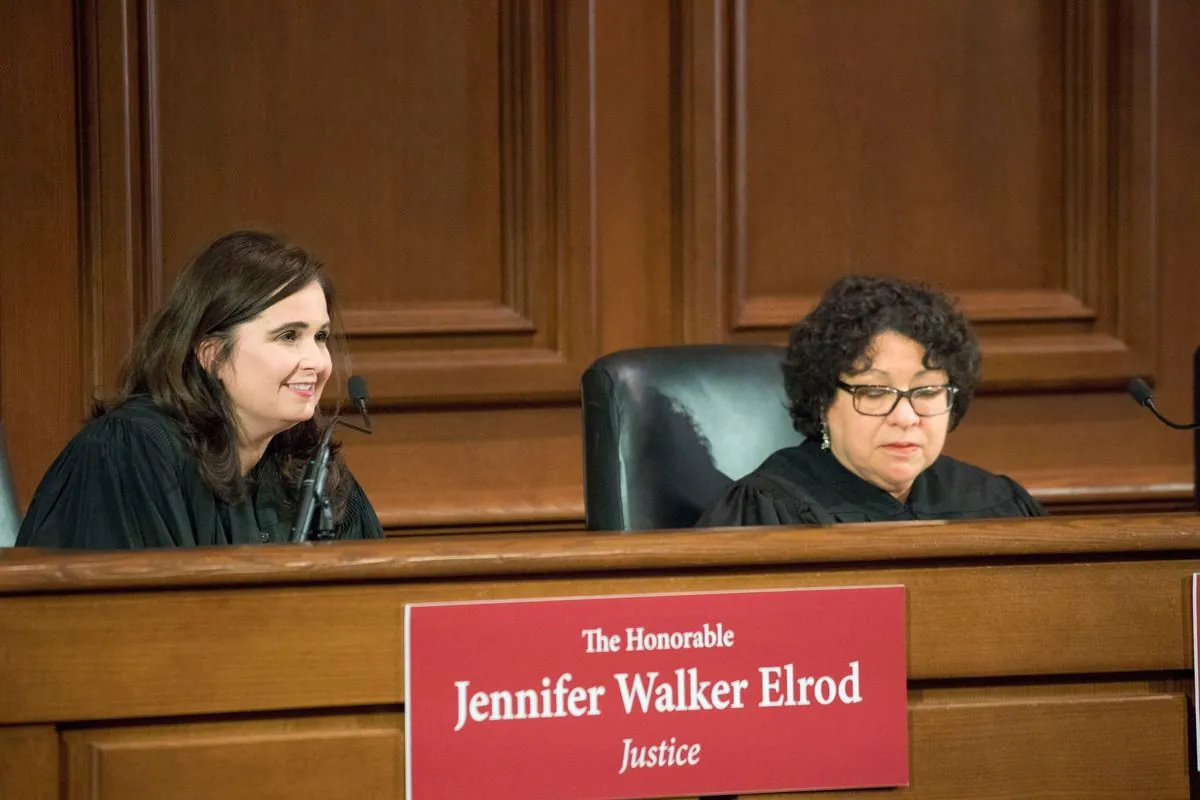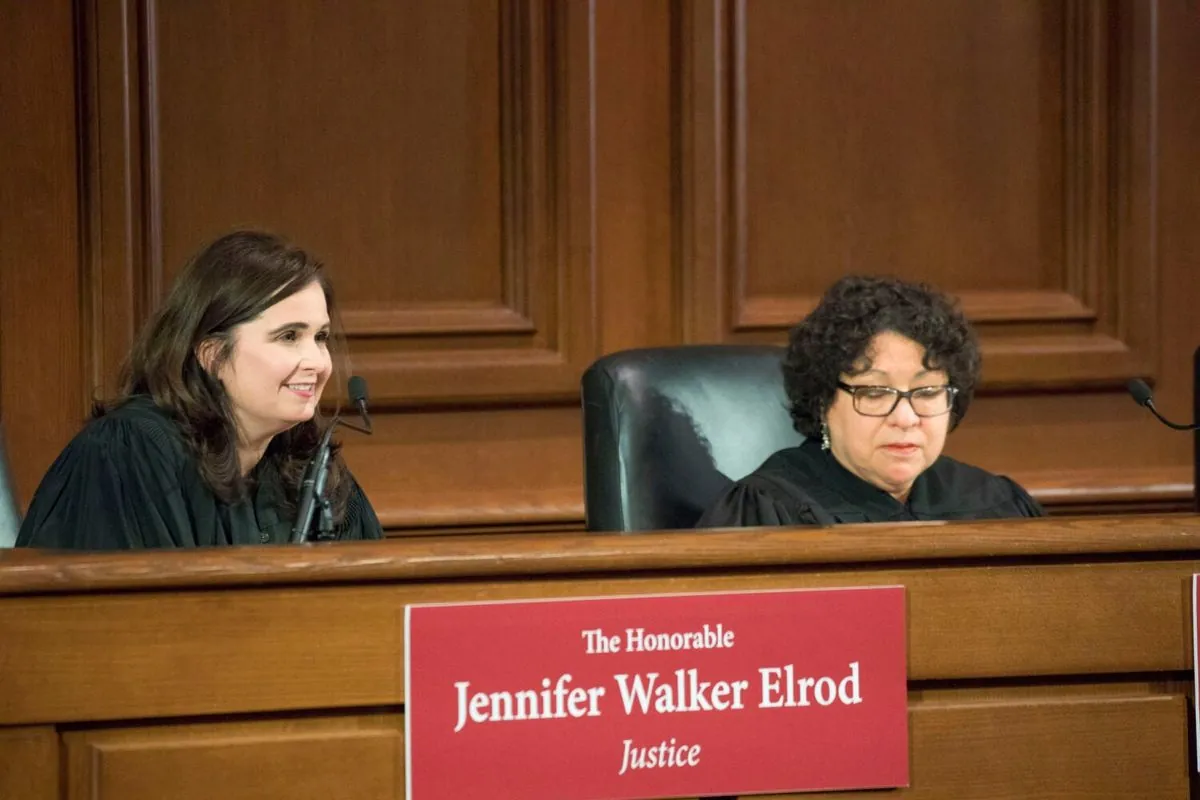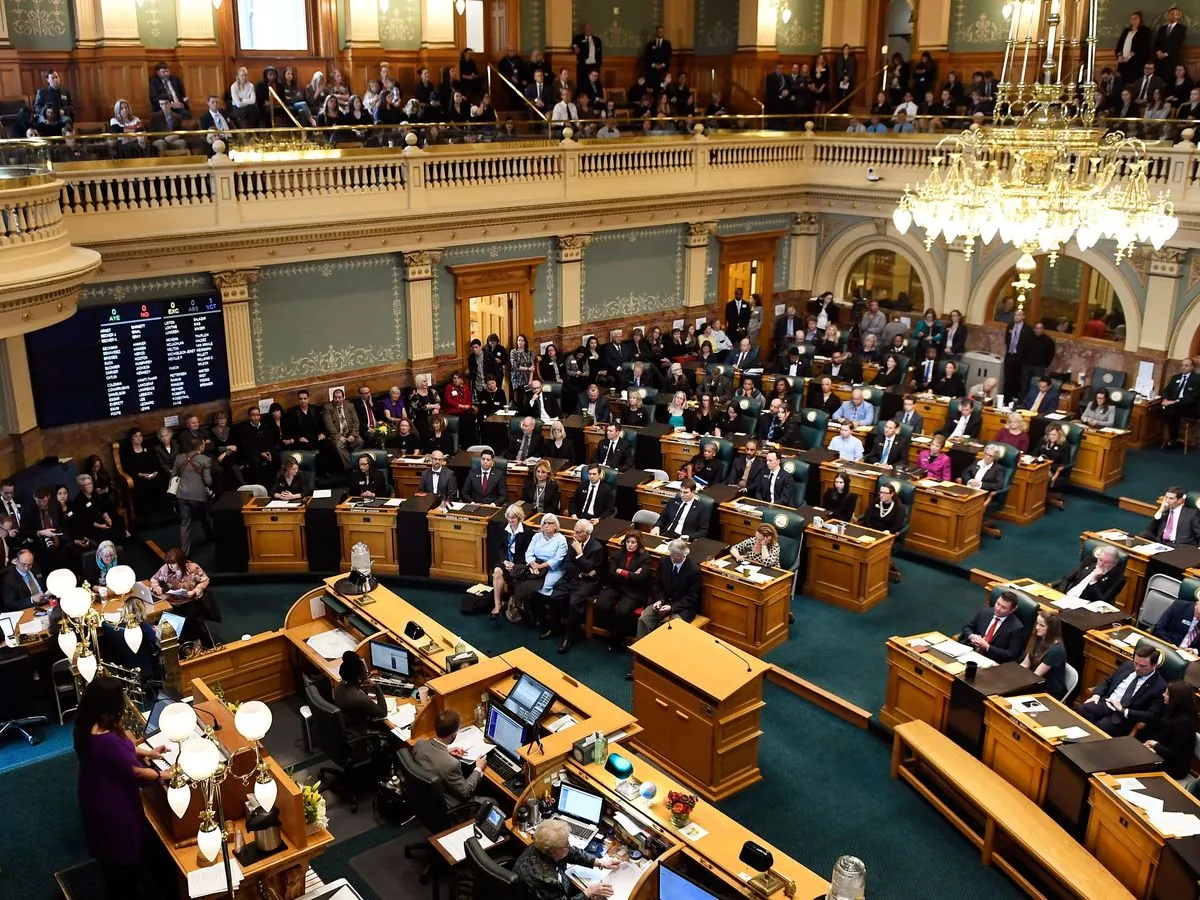Judge Elrod Takes Helm of 5th Circuit, Bringing Conservative Track Record
Judge Jennifer Walker Elrod assumes leadership of the 5th U.S. Circuit Court of Appeals, known for its conservative leanings. Her appointment marks a new chapter for the court, following her controversial rulings on key issues.

Jennifer Walker Elrod has been appointed as the new chief judge of the 5th U.S. Circuit Court of Appeals, marking a significant shift in leadership for one of the nation's most conservative appellate courts. The announcement came on October 4, 2024, highlighting Elrod's ascension to a role that carries substantial influence over federal jurisprudence in Texas, Louisiana, and Mississippi.
Established in 1891, the 5th Circuit is one of 13 United States courts of appeals, holding jurisdiction over federal district courts in three southern states. With 17 active judgeships, the court has gained a reputation for its conservative-leaning decisions, particularly in recent years.
Elrod, who was appointed to the bench by President George W. Bush in 2007, succeeds Priscilla Richman, who served as chief judge from 2019 to 2024. This transition occurs as the court continues to grapple with contentious legal issues that have far-reaching implications for American society.
In her new role, Elrod will join other U.S. circuit chief judges on the Judicial Conference of the United States, a body created by Congress in 1922 to serve as the national policymaking entity for federal courts. Chief judges are also tasked with overseeing administrative matters and reviewing judicial conduct complaints, responsibilities that have become increasingly crucial in maintaining public trust in the judiciary.
"I expect to continue our court's focus on resolving cases efficiently, using technology to enhance our processes, and educating the public about the role of the judiciary in our system of government."
Elrod's appointment comes against the backdrop of her notable rulings on controversial issues. In August 2024, she authored a decision that challenged a Biden administration law requiring drug companies to negotiate prices with Medicare, a program established in 1965. This ruling exemplifies the ongoing legal battles surrounding healthcare policy in the United States.

The new chief judge has also been at the center of high-profile cases involving abortion rights, gun control, and the Affordable Care Act. In 2023, Elrod supported restrictions on the abortion pill mifepristone, which had been FDA-approved since 2000. However, the U.S. Supreme Court later overturned this ruling, highlighting the complex interplay between circuit courts and the nation's highest judicial body.
Elrod's judicial record includes a 2023 majority opinion that struck down a ban on bump stock devices, which gained notoriety after the 2017 Las Vegas shooting. This decision was later upheld by the Supreme Court, affirming the 5th Circuit's interpretation of firearm regulations.
In 2022, Elrod penned a ruling that declared the Securities and Exchange Commission's system of in-house judges unconstitutional, citing the Seventh Amendment right to a jury trial. This decision, later validated by the Supreme Court, underscored the ongoing debate over the powers of administrative agencies established in the early 20th century.
The 5th Circuit's composition reflects broader trends in judicial appointments, with 12 of its 17 active judges having been appointed by Republican presidents. This includes six appointments made by former President Donald Trump during his tenure from 2017 to 2021.
As Elrod assumes her new position, legal experts and the public alike will be watching closely to see how her leadership influences the court's approach to critical legal issues. Her tenure as chief judge, which can last up to seven years or until she reaches age 70, promises to be a significant chapter in the history of the 5th Circuit and American jurisprudence as a whole.


































